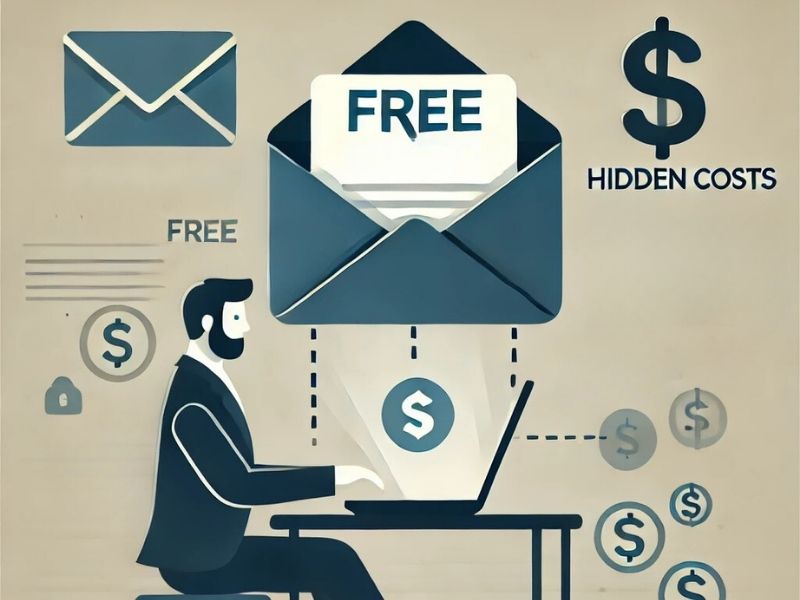You would think that at this point, people would be using stronger passwords. Sorry to disappoint you, but according to NordPass’ annual list of the world’s most popular passwords, the unoriginal choices are a letdown.
123456 is the back-to-back champ for the most common and easiest password. But on the bright side, at least “password” doesn’t have the No. 1 spot like it did in the past. The remaining top spots go to passwords such as:
- 123456789
- 12345678
- password
- qwerty123
Those are the obvious ones, and if you have any of these, we strongly recommend you create a stronger password. We know passwords are hard, but your security is at risk. It’s better to take a few minutes to have a strong password than to deal with the headache of getting your files and accounts back from a hacker.
Perhaps even more interestingly is the extended list, which has some passwords that surprised me.
The other easy passwords on the list include:
- iloveyou
- monkey
- dragon
- 11111111
- secret
- abc123
- 00000000
- tinkle
- 88888888
- pokemon
- superman
- baseball
These are only a few weak passwords used, and the hackers only need one second to crack them. Clearly, many of the passwords used revealed interests, while the rest of the list shows those who opt for a more aggressive way of saying: “Back off!” If you want to see the most popular passwords in your country, you can use the filter at the top of the NordPass page.
If you’re struggling to create a strong password, it’s easy to fall back on options such as “secret” or “123456” (which are among the most popular in the U.S.). But you don’t have to go it alone; another top-tier password manager, such as 1Password, can also help. There is a trick involving a new email address that takes security to a new level, making your online accounts super secure. Don’t forget to check it out.
You can also clean up your passwords and strengthen your online security, and remember not to use personal data such as your address when creating your next password.



















 English (US) ·
English (US) ·